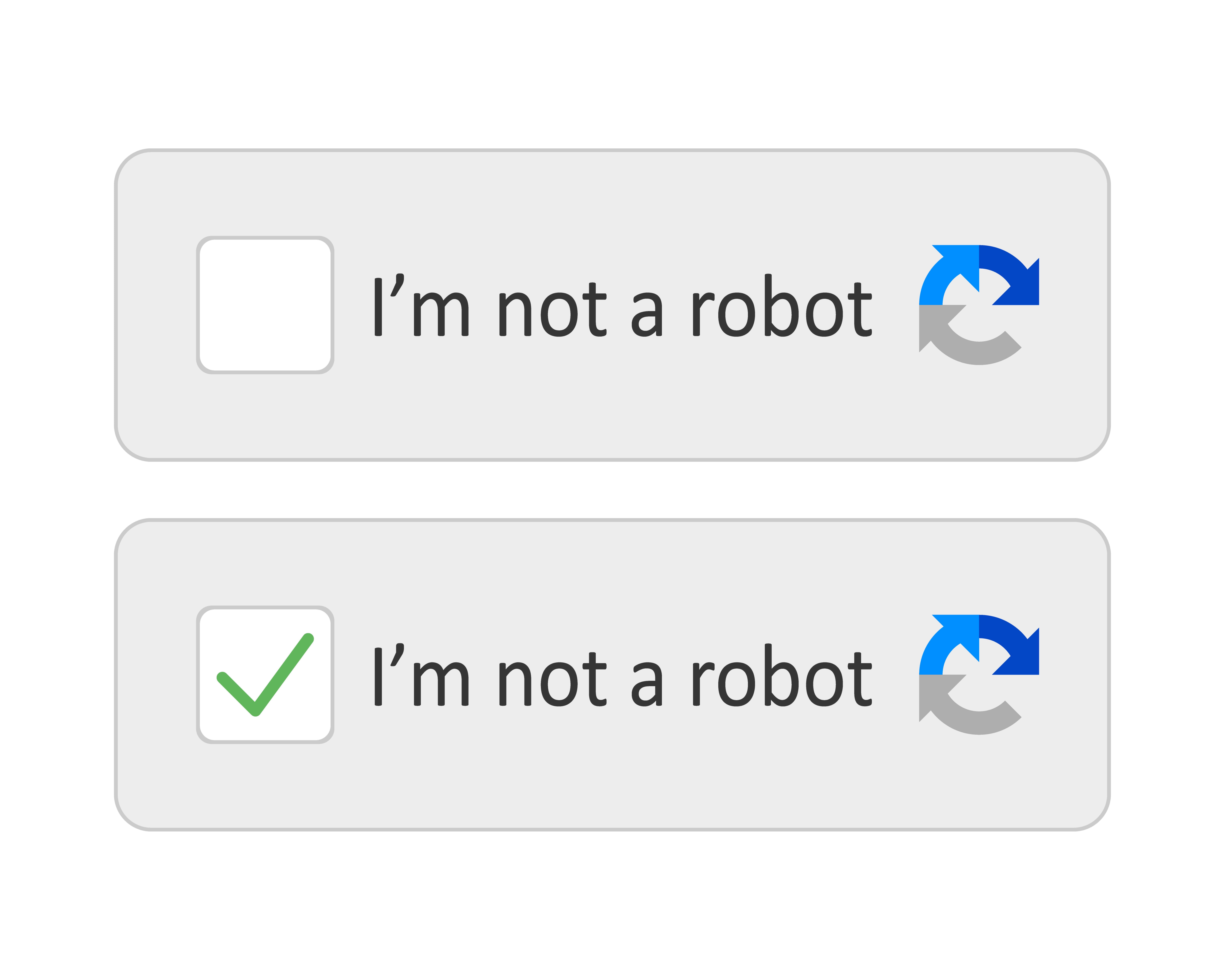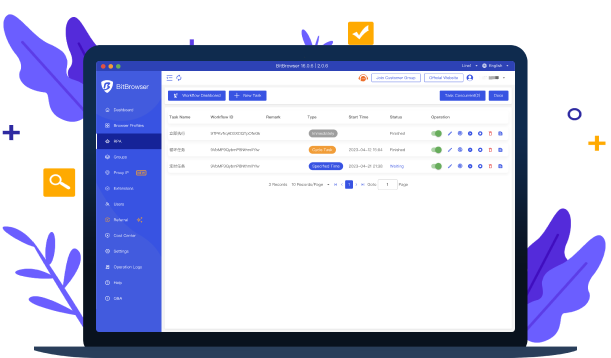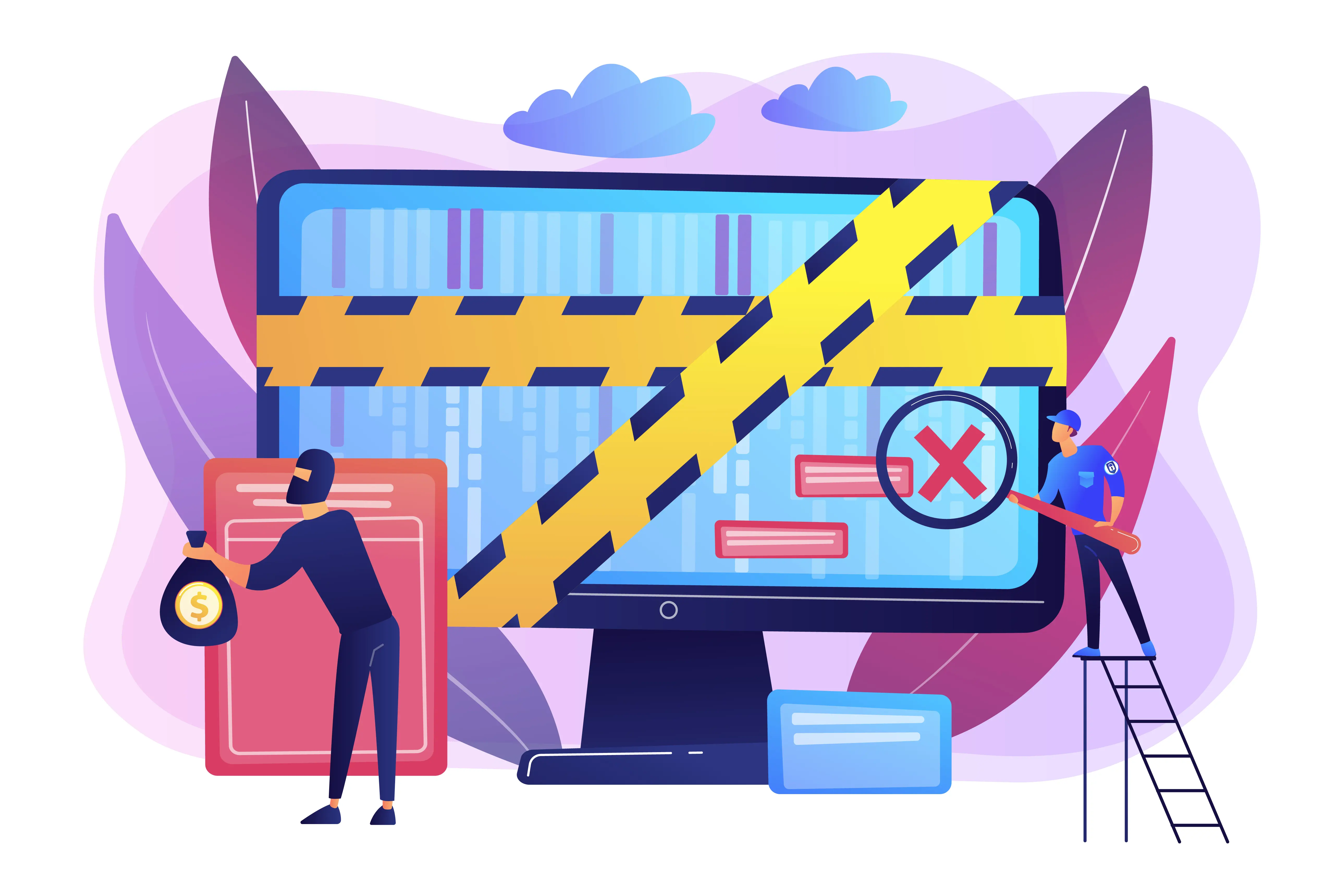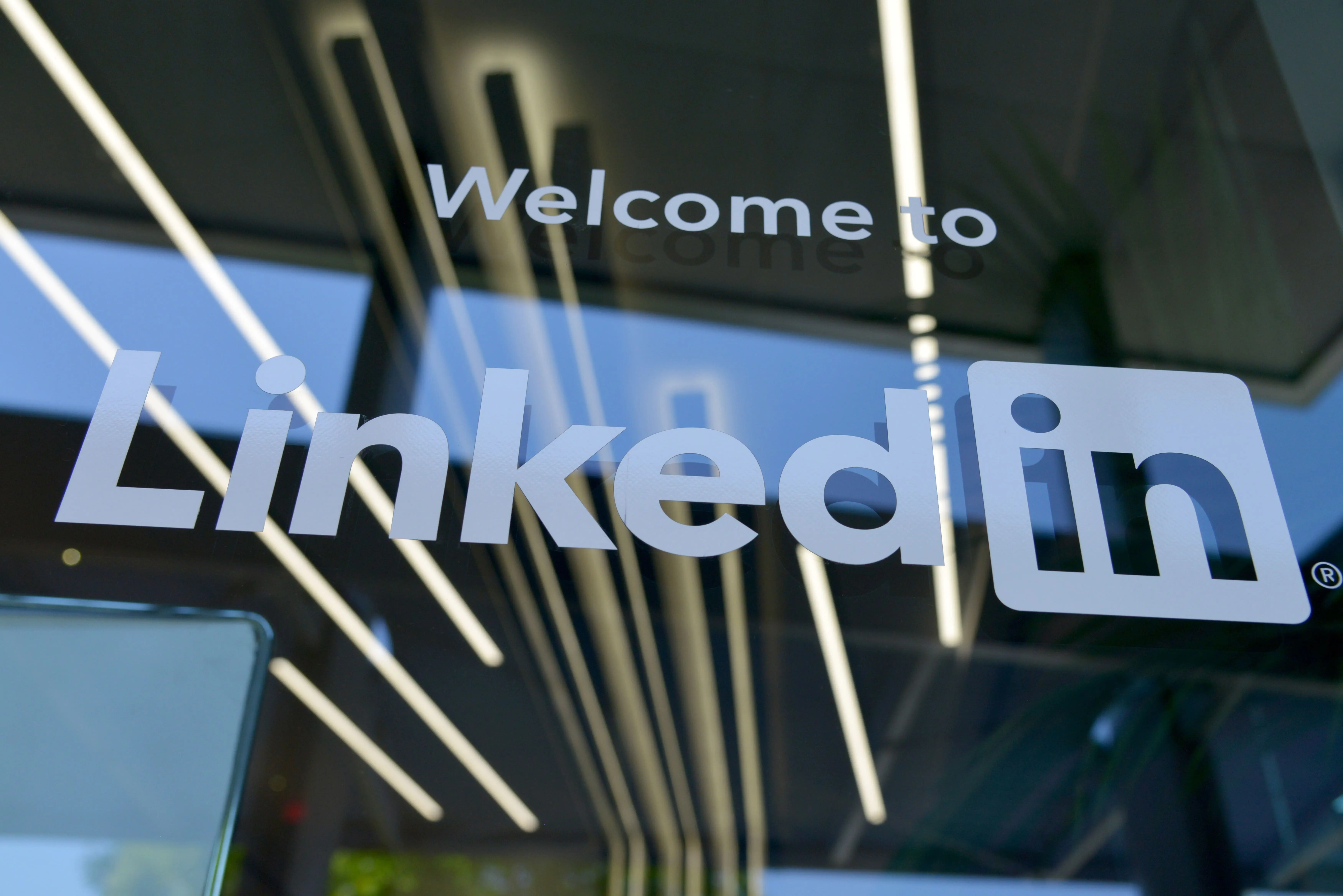How to bypass advertising platform restrictions in affiliate marketing
How to bypass advertising platform restrictions in affiliate marketingLaunching advertising campaigns requires constant detection and application of methods to neutralize barriers created by platforms. With the continuous evolution of regulations and analysis systems, it is imperative to master and correctly implement basic techniques for bypassing platform restrictions. These principles are critical to ensuring the smooth operation of projects and are a key mechanism for reducing the risks associated with campaign suspensions. It is important for every publisher to study them.In the “Ad networks” section, we have prepared a first-class traffic rating, visit it and find the most suitable one.CloakingCloning involves displaying different content to different categories of visitors: the target audience is shown promotional materials, while inspectors are shown a version that strictly complies with the service's policy. This makes it possible to bypass automatic filtering systems and maintain the activity of initiatives with sensitive products. The main advantage of cloaking for specialists is promoting complex products. However, this technique carries risks: fraud detection can result in sanctions against the entire advertising account. Caution: Using proven technologies and constantly monitoring the displayed data are necessary.Anti-detection browsersAnti-detect browsers hide unique device and software parameters on the network. Such software creates individual configurations for each session, preventing associative links between profiles and reducing the likelihood of platform restrictions.For webmasters who manage multiple advertising accounts, such tools (Dolphin, Multilogin, AdsPower) are indispensable, as they eliminate the risk of cross-identification and mass blocking.ProxiesProxies for affiliate marketing are used to interact with advertising interfaces from other geographical locations. Their basic task is to replace the original network address to simulate presence in the required location. Residential proxies (their IP addresses are issued by real providers) are the most stable tool to bypass platform restrictions. Mobile proxies guarantee peak stealth thanks to constant address rotation, which makes them difficult to detect.Agency accountsMany professionals use profiles with special partner rights for promotion. Such agent accounts have increased financial limits, are less likely to be checked, and undergo simplified authorization. You can access them through subleasing from specialized providers or by registering with the support of platform partners. Strict adherence to the established rules is a prerequisite for maintaining special status.The top tools listed above can be found on the AffCommunity website.CreativityTo minimize the effect of platform restrictions and potential penalties, all creative elements—texts, images, terms of offers—must be carefully adapted to their current requirements. Networks of profiles in different time zones are often used to simulate natural user activity and reduce suspicion.In affiliate marketing, it is mandatory to pre-validate all elements for compliance with the current rules of the platforms (Google Ads, Meta Ads, etc.) before launching a project. This prevents campaigns from being stopped, pages from being blocked, or accounts from being completely lost. It is also important to consider prohibited product/service categories, age ratings, and language appropriateness. This approach will allow you to get the most out of launching the right advertising campaign.
Read More »

















































